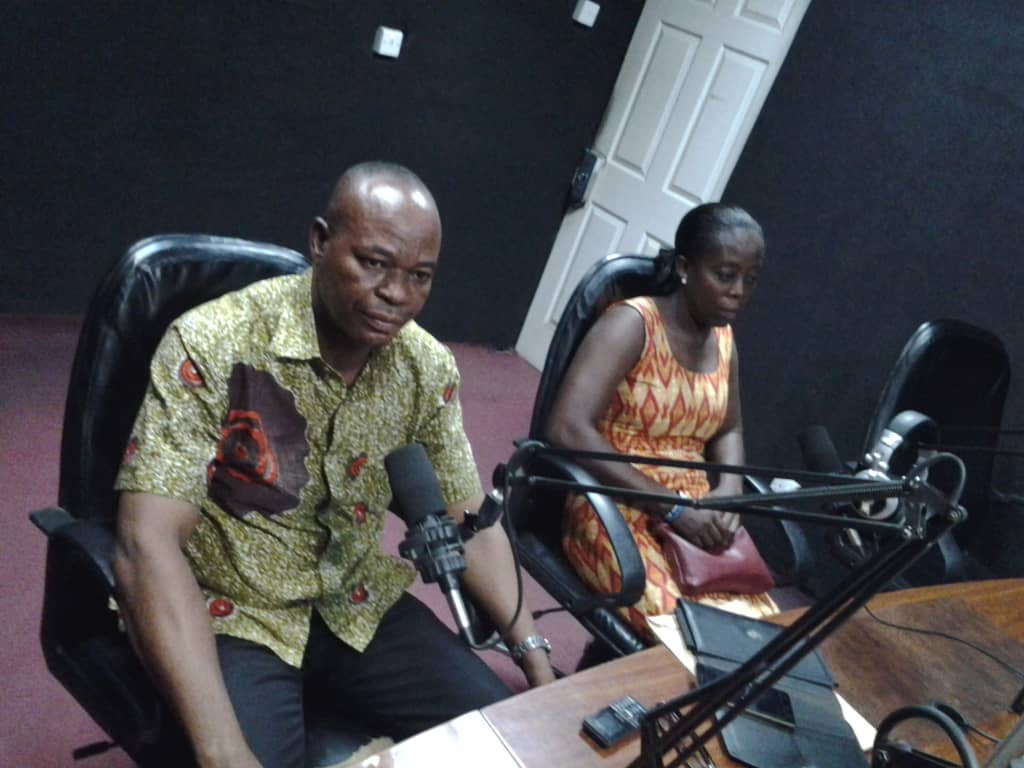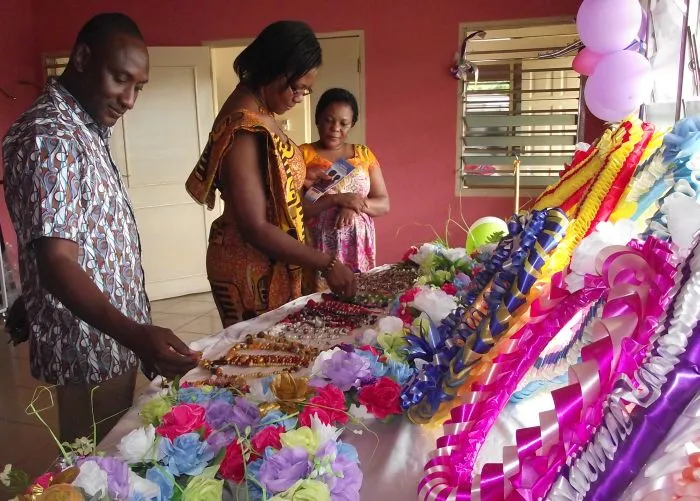Emails: futurehope2015@yahoo.com/futurehopegh@gmail.com Tel: +233 244 647 951 / +233 200 662 592
Home > What We Do >Advocacy
Advocacy
FHI’s program mobilizes and equips citizens to monitor
government services, and facilitates an advocacy methodology that results in the improvement of inadequate government-provided services. This program is often used as a component of other projects to improve relevant government services for the well-being of vulnerable in society including women, youth and persons with disability. Key services, such as health and education, employment and are delivered effectively and contribute towards the well-being of women, children and the vulnerable in society, due to the impact of our advocacy program in improving relationships between citizens, government and
service providers.

Advocacy
The fight against poverty – Our Poverty reduction
FHI’s economic development program focuses on creating opportunities for vulnerable people to increase their incomes and lift themselves out of poverty.
This program emphasizes Income Generating Activities (IGAs), targeting women, persons with disabilities and young people from marginalised groups such as ethnic minorities, women in rural areas, and survivors of domestic violence and human trafficking. We work with individuals and collectives to develop vocational skills, increase financial literacy, and develop small enterprises.
Our programs also create support networks to reduce isolation and vulnerability within the community. This can start small, by forming local savings-and-loans groups and farmers’ associations, before growing into market-oriented linkages with business networks. By establishing profitable value chains in agricultural commodities, such as fish, potato, and ground nuts, farmers can create more income and employment opportunities for the whole community..

Economic development means that people have the skills and resources to improve their economic status and move out of poverty. In addition, it means that women and girls can decide on how to utilize their income and other resources and/or jointly make those decisions. Economic development increases women’s access to economic resources and opportunities including jobs, financial services, property and other productive assets, skills development, and market information.
FHI is also fully committed to supporting Sustainable Development Goal 5: Achieve Gender Equality and Empower All Women and Girls, to ensure women and girls have equal access to education, health care, decent work, and representation in political and economic decision-making processes particularly during times of crisis and in fragile contexts. FHI is also committed to supporting Sustainable Development Goal 8 “Promote sustained, inclusive and sustainable economic growth, full and productive employment and decent work for all” by enhancing the socio-economic empowerment and self-reliance of women and when relevant of their families.
Using a gender and sensitive holistic approach, FHI provides a combination of technical training workshops coupled with individual mentoring and follow up approach. The training includes Entrepreneurship, Social Entrepreneurship, Business Opportunities, Marketing and Product Design Sessions for out of school children, and local women. Additionally, the program provides awareness raising sessions on Sexual and gender based violence (SGBV)
and sexual and reproductive health rights (SRHR) issues after which women can also access to individual counseling, psychosocial support, and when needed referrals mechanism. Finally, they are also exposed to cultural and social activities.
FHI has a holistic multi-sectorial approach to the socio-economic empowerment, and social cohesion of vulnerable women to strengthen their resilience and their self-reliance. The holistic aspect of FHI’s interventions has allowed it to address different dimensions of a woman’s life. As such, FHI’s programs are not only about training on specific job/ business-related skills, but also focus on sexual and reproductive health and rights (SRHR), mental health and psychosocial support (MHPSS) and issues around Gender-Based Violence (GBV), as well as child-care issues. The programs also ensure access or referral to psychological and legal services when needed and ensures individualized follow-up to guarantee the continued engagement of concerned women. The types of vocational workshops are selected after a thorough needs assessment and feasibility study realized by FHI to identify the demands of marketplace. As a result, community women and vulnerable youth produce natural, sustainable, handmade, and innovative products that are of top quality with professional packaging.
